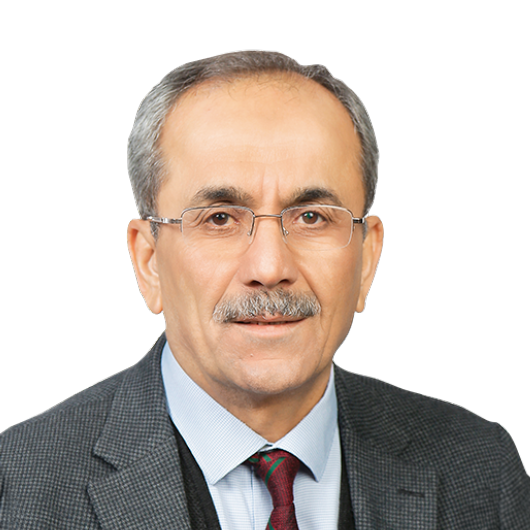Russia and western European countries simultaneously supported Armenia with various justifications. Russia was backing Armenia in efforts to sustain its sovereignty in the South Caucasus, while western European countries were more concerned with their own personal interests in the region. In an age of rapidly rising global competition, the support from Russia and various European countries gave Armenia the opportunity to undergo significant transformations in terms of ideology and networking. These changes gave rise to problems between Armenians and the regions, cities, and cultural environments they live in. Because they solidified periodical gains, they are finding it difficult to stomach the weaknesses and losses that emerge with changing conditions. Therefore, they do not hesitate to utilize the tools of threats and terror.
There are countless accusations against the Muslim world today. One of these accusations is terrorist activities. The plausibility of criticisms aimed at terrorist acts aside, it is quite clear that the criticisms targeting the Muslim world go far and beyond local demonstrations, and directly place religion and religious values on the target board. In this context, the leaders representing the Muslim world are also receiving their share of these accusations. This thus shows that the terror concept is being used as a weapon. If the aim was to end terrorism, a different approach would have been adopted. In stark contrast to this, the recent terror activities in Turkish and Islamic history were directly supported by European states.
Ever since the Greek uprising, terror operations were repeated under the category of acts of terrorism, and led to great losses. These operations, which were much more effective in the late 19th and early 20th centuries, gave rise to major changes in the Balkans, Anatolia, and the Caucasus. The Difai organization, led by Ahmet Ağaoğlu and established in efforts to stop the acts of terrorism targeting Muslims in the Caucasus, is important in terms of understanding the Armenian terrorism which is backed by Western countries. Thus, after the Difai organization was established, the terror acts used as a tool by Armenians came to an end, allowing the ordinary public room to breathe.
We can ascertain that the terror acts were effective in our region, and paved the way to outcomes in favor of terrorists in the Caucasus. In every instance, Armenians made advances against the Caucasus Turks; and as a concrete example, changes took place concerning Karabakh’s status in favor of Armenians. As Armenians had no difficulty garnering support from the West, they continued their terror acts, and achieved gains each time.
History repeated itself once again in the period that kicked off with the re-occupation of Azerbaijani territory in the 1990s. As Azerbaijan’s ancient cities were being invaded, the resumption of terror acts indicated a certain purpose and method, and Armenian leaders did not bother concealing it. Turks, who were in a weak position at the time, did not have the strength to retaliate, and Europe would always protect the Armenians. A system was built based on the weaknesses of the Turks. The conflict that recommenced on Sept. 27, 2020 can be considered within this context. A century later, when the Caucasus Turks were no longer the weak side for the first time, Armenia’s acts of terror started to backfire on itself. Since they constantly triumphed, especially in the 1990s, it is clear that they dreamed of achieving a similar result this time round as well. It is obvious that Armenia or Armenians’ attack on civilian settlement areas, only a few minutes after the ceasefire agreement, is not without reason. They want the countries that have been backing them for about 150 years to take action, and conclude the situation in the Caucasus in favor of Yerevan.
Though Armenia attacked Azeri cities with missiles immediately after the ceasefire agreement, the Caucasus Turks did not surrender to fear and, hence, did not collapse. This needs to be included among the most important factors determining the course of the war. It was once more understood what a great source of strength the people are. This is where Armenians made their biggest mistake. They submitted to the organizations that built good ties with the West. When taken into consideration with the changes that emerged in the fields of geography, culture, religion, and ideology, it is clear that Armenian organizations proved detrimental to the ordinary Armenian public as well.
When the Azerbaijan-Turkey axis is reviewed in light of global energy geopolitics and the competition between China and the U.S., it is possible to better grasp the developments in the East-West axis. However, we should not lose sight of the fact that we will reach very different conclusions when this is considered in the context of the relations built by the local public with foreigners against the region.




















